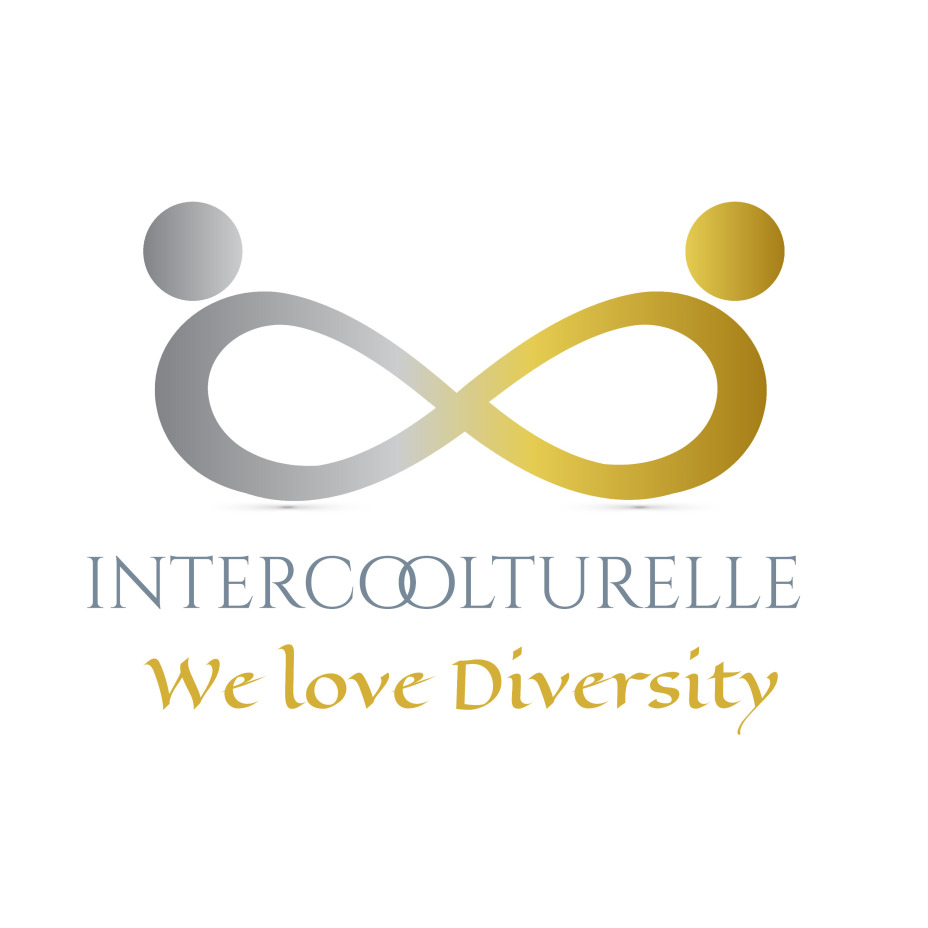


Veränderung ist die Grundlage des Lebens, und doch neigen die meisten von uns dazu, sie zu vermeiden. Oft bleiben wir lieber, in einer Situation, die uns persönlich oder beruflich belastet, als uns zu verändern, weil die Angst vor einer ungewissen Zukunft stärker ist als das, was wir im Moment als unerfreulich empfinden. Auch wenn die Vorteile einer Veränderung in Wirklichkeit durchaus vorteilhaft sind.
Ein Perspektivenwechsel trägt entscheidend dazu bei, dass wir den Wandel als Chance begreifen und die Motivation finden, sie zu realisieren. Im Dialog ist möglich die Motive, Überzeugungen und Muster erkennen, die uns daran hindern, so zu handeln, dass wir unsere persönlichen Potenziale für einen erfüllten Alltag nutzen können.
Das Coaching-Ansatz verbindet sozial- und wirtschaftswissenschaftliche Erkenntnisse aus einer Perspektive, die sensibel ist für die Vielfalt und die kulturelle Prägung von Menschen ist.


Le changement est la base de la vie, et pourtant la plupart d’entre nous ont tendance à l’éviter. Souvent, nous préférons rester dans une situation qui nous pèse personnellement ou professionnellement plutôt que de procéder à un réajustement, car la peur d’un avenir incertain est plus forte que ce que nous ressentons comme désagréable sur le moment. Bien qu’en réalité, les avantages induits par un changement soient tout à fait bénéfiques.
Un réajustement des perspectives contribue de manière décisive à appréhender la transformation comme une opportunité et à trouver la motivation pour la concrétiser. Dans le dialogue, il est possible d’identifier les raisons, les convictions et les mécanismes qui nous empêchent d’agir de manière à pouvoir exploiter notre potentiel individuel pour un quotidien épanoui.
L‘approche du coaching intègre des connaissances en sciences sociales et économiques dans une perspective sensible à la diversité et à la spécificité culturelle des personnes.


Schimbarea este fundamentul vieții și, totuși, cei mai mulți dintre noi tindem să o evităm. Adesea preferăm să rămânem într-o situație stresantă pentru noi din punct de vedere personal sau profesional decât să ne transformăm, deoarece teama de un viitor incert este mai puternică decât ceea ce percepem ca fiind neplăcut pe moment. Chiar dacă beneficiile schimbării sunt, de fapt, mai degrabă favorabile.
O schimbare de perspectivă are un rol decisiv în a ne ajuta să vedem schimbarea ca pe o oportunitate și să găsim motivația de a o materializa. În dialog, este posibil să identificăm motivele, convingerile și tiparele care ne împiedică să acționăm într-un mod care să ne permită să ne folosim potențialul individual pentru o existență cotidiană împlinită.
Demersul de coaching îmbină cunoștințele din domeniul social și economic dintr-o perspectivă sensibilă la diversitatea culturală.


Change is the essence of life, nevertheless most of us tend to avoid it. We often prefer to stay in a situation that is personally or professionally unpleasant rather than change, because the fear of an uncertain future is stronger than what we perceive as currently uncomfortable. Even if the benefits of change are in actually advantageous.
A change of perspective plays a decisive role in helping us to see transformation as an opportunity and to find the courage to realise it. Through dialogue, it is possible to identify the underlying motives, beliefs and patterns that hinder us from acting in a way that allows us to use our personal potential for a fulfilling everyday life.
The coaching approach combines social and economic insights from a perspective that is sensitive to the diversity and cultural background.
Über uns
E-Mail:
info@intercoolturelle.com